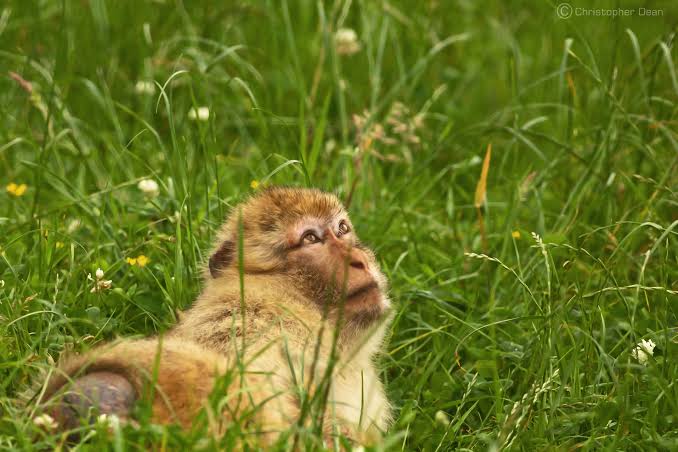Salem, August 17, 2024, The Europe Today: A Barbary macaque, also known as a Barbary ape, remained on the loose in southern Germany on Saturday after escaping from the Salem Monkey Mountain wildlife park in the state of Baden-Württemberg. Park manager Roland Hilgartner believes the agile primate may have managed to escape by jumping from tree to tree, a feat not uncommon for the species.
“If they’re a bit sporty, they can jump over there,” Hilgartner said, explaining how the macaque may have found its way out of the park.
The escapee, which is listed as endangered on the International Union for Conservation of Nature’s (IUCN) Red List, was last seen on Friday morning near the town of Uhldingen-Mühlhofen, about 3.5 kilometers (2.17 miles) from the wildlife park. This is the furthest any animal has strayed from the park, according to Hilgartner, who has worked at Salem Monkey Mountain for 17 years.
While the enclosure fence at the park is designed to make it difficult for animals to get out, it allows them to return more easily. Hilgartner noted that it is common for macaques who escape to eventually return, driven by the need to be with their group in familiar surroundings.
“The pressure to be with the group, in familiar surroundings, is great,” he said.
Despite the escape, Hilgartner believes the macaque could survive outside the wildlife park, at least temporarily. The species, which traditionally inhabits the mountain regions of Morocco and Algeria, only requires feeding during the winter months. The local environment provides ample plant food, insects, and potentially even apples from nearby orchards.
On Friday, police and park staff attempted to lure the young macaque down from a tree with food, but the primate fled deeper into a wooded area.
Salem Monkey Mountain, home to nearly 200 Barbary macaques, is committed to protecting the species, which is facing a steep decline in the wild, with fewer than 8,000 individuals remaining. The park’s website emphasizes that the macaques “feel really comfortable” in the 50-acre wooded area near Lake Constance, where they live freely and maintain their natural behaviors.
Efforts to locate and safely return the macaque to its enclosure are ongoing.














